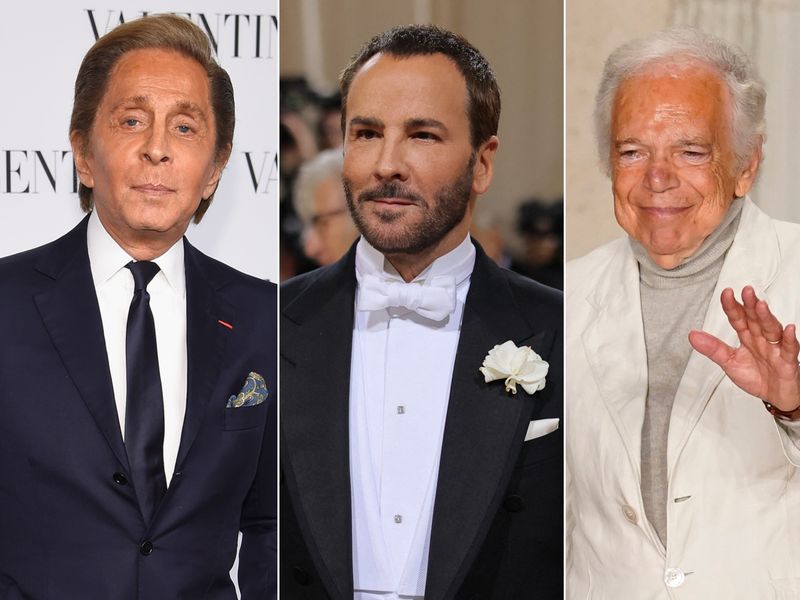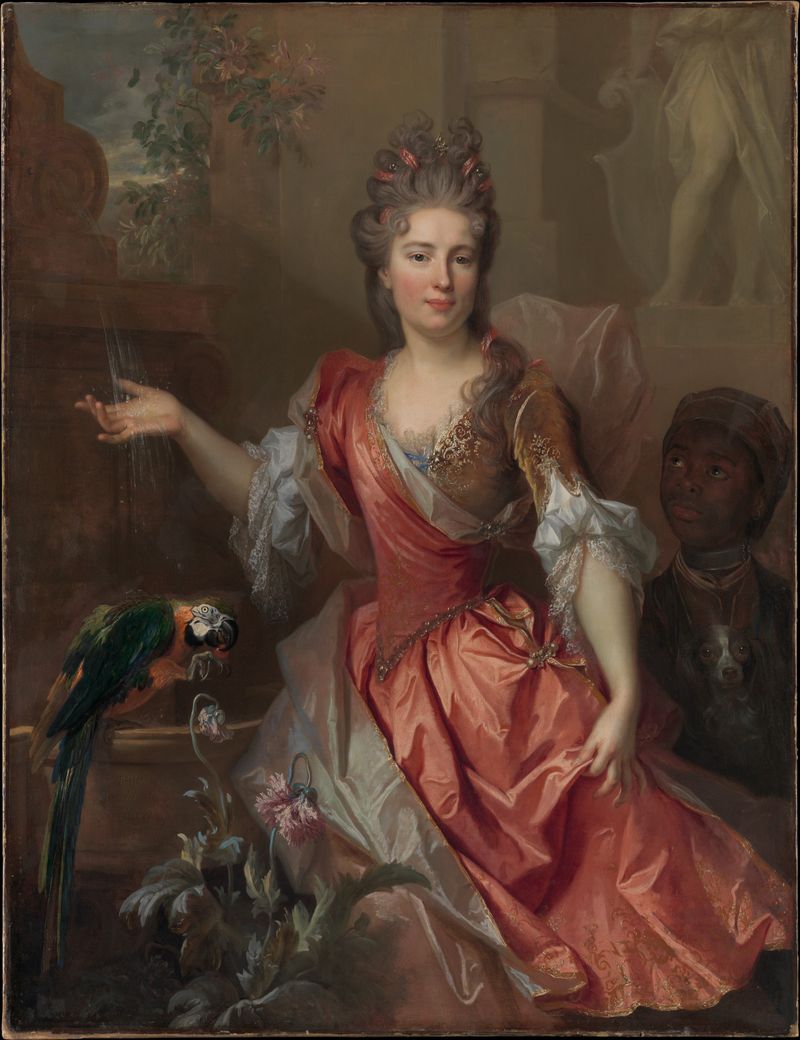Engaging in conversation with someone from a different socioeconomic background can reveal subtle yet telling differences. For working-class individuals, encounters with the wealthy often highlight disparities in lifestyle, values, and worldview. This list delves into the nuanced observations that stand out most during these interactions, offering a glimpse into the often-unspoken dynamics at play.
1. Accent and Diction

The moment a wealthy individual speaks, their accent and choice of words can set them apart. With a polished tone and an extensive vocabulary, they often project confidence and education. The pronunciation of certain words and phrases can reveal their privileged upbringing. For many, this is the first noticeable trait.
Conversations can feel like a linguistic dance, with subtleties that hint at boarding schools or exclusive circles. This element of speech not only communicates wealth but also a unique cultural background that might feel foreign to someone less affluent.
2. Confidence in Body Language

A wealthy person’s body language often exudes a sense of assuredness that’s hard to miss. Whether it’s their posture or the way they occupy space, there’s a distinct air of confidence. This non-verbal communication speaks volumes, reflecting not just their self-assurance but also their comfort in affluent settings.
Such poise might feel intimidating or enviable to those not accustomed to it. Their gestures are deliberate, often conveying authority and influence, making it clear that they are used to being in control.
3. Attire and Accessories

From the cut of their suit to the brand of their watch, attire is a telling sign of affluence. Wealthy individuals often sport designer clothes and high-end accessories, reflecting their financial status and taste. This keen attention to fashion and quality is immediately apparent.
Each piece is carefully chosen, often showcasing unique or bespoke elements that set them apart. It’s not just about wearing expensive items but about displaying a certain lifestyle and identity through fashion, subtly differentiating them from others.
4. Topics of Conversation

Discussions with wealthy individuals often gravitate towards topics like art, travel, and exclusive events. Such conversations reflect their interests and experiences, offering a glimpse into their world. For those less affluent, these subjects might seem aspirational or even out of reach.
The discourse not only highlights hobbies that require disposable income but also connections to elite networks. This can create a cultural bridge, emphasizing the gap between everyday concerns and more luxurious endeavours.
5. Network and Connections

Wealthy individuals often have vast networks that they casually reference in conversation. Mentioning influential friends, prestigious affiliations, or exclusive memberships can subtly assert their status. This web of connections can be both impressive and alienating for someone not in those circles.
Such references highlight their access to opportunities and resources beyond the reach of many. It’s a reminder of the potential power and influence they wield, often opening doors that remain closed to the average person.
6. Perspective on Money

For the wealthy, money is often seen through a lens of abundance rather than scarcity. Conversations might reveal an ease around financial topics, with a focus on investment strategies and wealth growth. This mindset can be perplexing to those who view money as a finite resource.
Such discussions underscore a fundamental difference in how wealth is perceived and managed. While some may worry about making ends meet, the affluent often explore sophisticated financial maneuvers, reflecting a world where money begets more money.
7. Sense of Entitlement

A noticeable trait among some wealthy individuals is a sense of entitlement. They might expect exceptional treatment, whether at a restaurant or a hotel, reflecting a lifestyle of privilege. This attitude can be jarring for those not used to such norms.
Entitlement can manifest in subtle ways, such as expecting shortcuts or personalized service. This behavior not only reinforces their social standing but also highlights a divide in expectations, often leaving others feeling sidelined or undervalued.
8. Appreciation for Fine Dining

Dining with the wealthy often means indulging in gourmet experiences. Their appreciation for fine dining is evident in the choice of upscale restaurants and intricate dishes. For someone unfamiliar with such luxury, this culinary world is both fascinating and overwhelming.
They might discuss flavor profiles and wine pairings with ease, reflecting a refined palate developed over time. This appreciation is more than mere indulgence; it’s a celebration of culture and status, marking a lifestyle where dining is an art form.
9. Travel Experiences

Travel tales from the wealthy often encompass exotic locales and unique experiences. They recount adventures with a sense of familiarity and ease, painting a picture of a world beyond regular vacations. Such stories can be intriguing yet distant for someone less traveled.
These experiences reflect not just wealth but a lifestyle of exploration and discovery. For them, travel isn’t just a getaway but a continual journey of acquiring culture and knowledge, often leaving others dreaming of similar escapades.
10. Philanthropic Involvement

Philanthropy often plays a significant role in the lives of the wealthy. They frequently engage in charitable activities, discussing initiatives and donations with a sense of responsibility. This involvement sets them apart as stewards of societal change.
For someone from a simpler background, such altruism might seem both admirable and inaccessible. It highlights a capacity to make impactful contributions, underlining a life where wealth facilitates meaningful influence beyond personal gain.
11. Cultural Appreciation

Cultural appreciation is often a hallmark of the wealthy. They might frequent art galleries, theaters, and cultural events, demonstrating a deep engagement with the arts. This passion can be infectious but also exclusive, reserved for those with the means to indulge.
Their discussions might delve into the intricacies of artistic expression, signalling a cultivated taste. This appreciation extends beyond mere enjoyment, reflecting an investment in cultural capital that often elevates their social standing and personal fulfillment.
12. Views on Social Issues

Conversations with wealthy individuals may reveal distinct perspectives on social issues. These views can be shaped by their experiences and privileges, often presenting solutions that seem idealistic or detached. This outlook can be thought-provoking yet divisive.
For those from different backgrounds, such discussions highlight ideological differences that stem from varying life experiences. These exchanges underscore the role of wealth in shaping opinions, often leading to lively debates or reflective silences.

